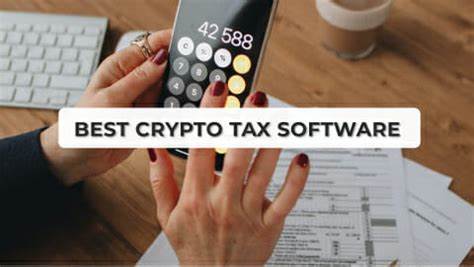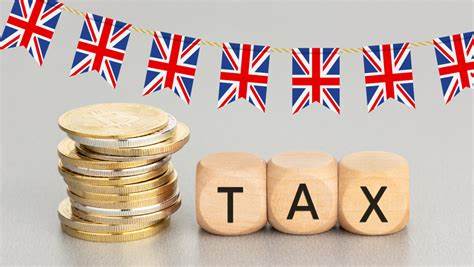The world of cryptocurrency has been booming in recent years, with Bitcoin emerging as one of the most popular and valuable digital currencies on the market. However, as more and more people invest in Bitcoin and other cryptocurrencies, questions about taxation and capital gains have arisen. One common question that investors have is whether they have to pay capital gains tax if they sell Bitcoin but don't take cash out. The answer to this question is not as clear-cut as you might think. According to experts at This is Money, a leading financial news website, the tax implications of selling Bitcoin can vary depending on a number of factors.
In general, any gains made from the sale of Bitcoin are subject to capital gains tax. This means that if you sell Bitcoin for more than you purchased it for, you will be required to pay tax on the profit. However, if you sell Bitcoin but don't convert it back into traditional fiat currency, you may still be liable for capital gains tax. This is because HM Revenue and Customs (HMRC) considers cryptocurrency to be property rather than currency. In other words, the act of selling Bitcoin is viewed as a taxable event, regardless of whether you convert the proceeds into cash or leave them in your digital wallet.
This means that even if you reinvest the profits from the sale of Bitcoin back into the cryptocurrency market, you may still have to pay capital gains tax on the original sale. To complicate matters further, the tax treatment of cryptocurrency can vary depending on how you hold and use it. For example, if you are classified as a trader rather than an investor, your profits from the sale of Bitcoin may be subject to income tax rather than capital gains tax. Additionally, if you are conducting business activities that involve the buying and selling of cryptocurrencies, you may be required to pay tax on any profits as part of your regular business income. In summary, the tax implications of selling Bitcoin can be complex and will depend on a variety of factors including how you hold and use your cryptocurrency, whether you are classified as a trader or investor, and whether you convert the proceeds into cash or reinvest them in the market.
As always, it is recommended to seek guidance from a qualified tax professional or financial advisor to ensure that you are in compliance with the relevant tax laws and regulations when buying, selling, or holding cryptocurrencies like Bitcoin.









